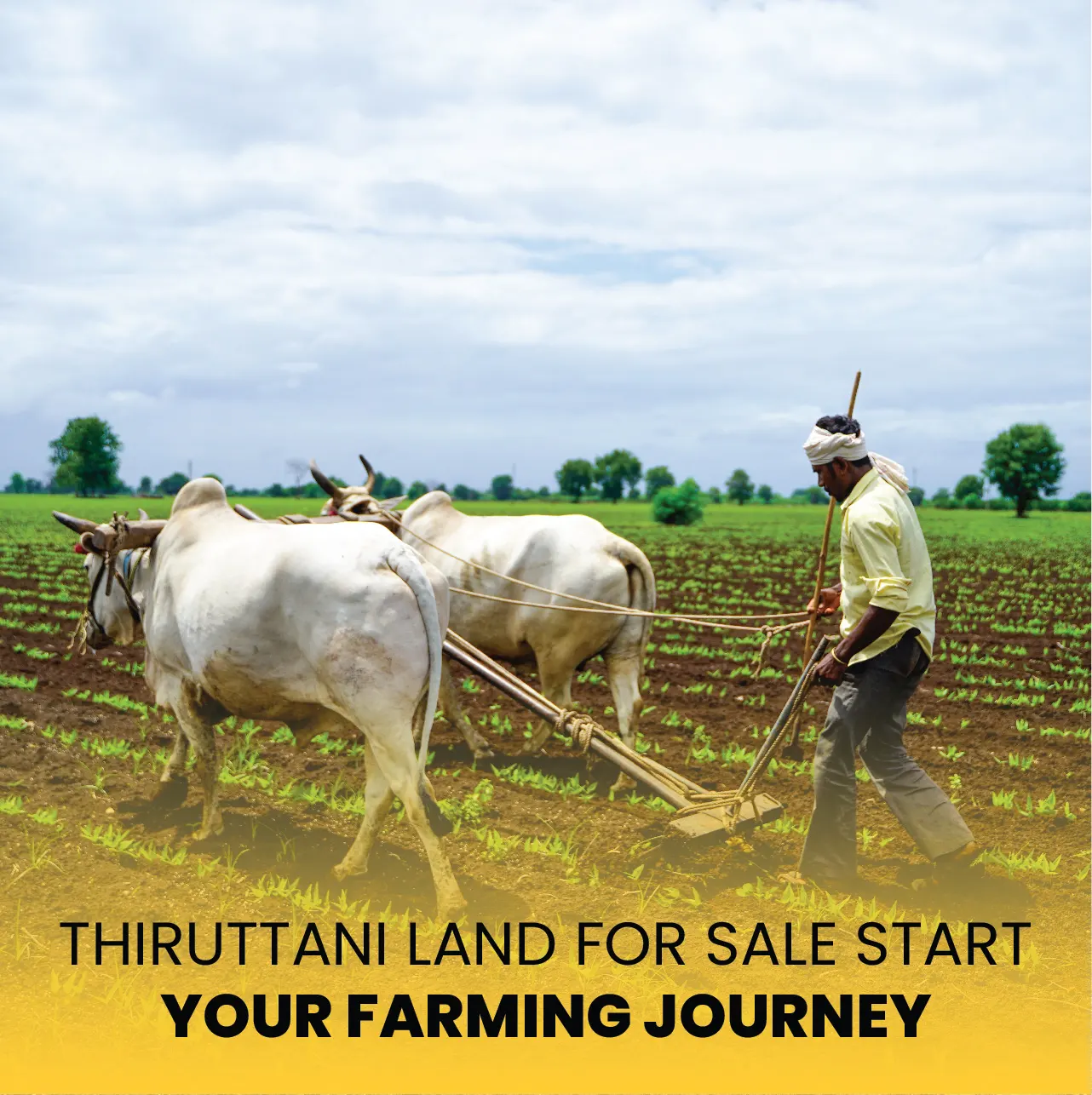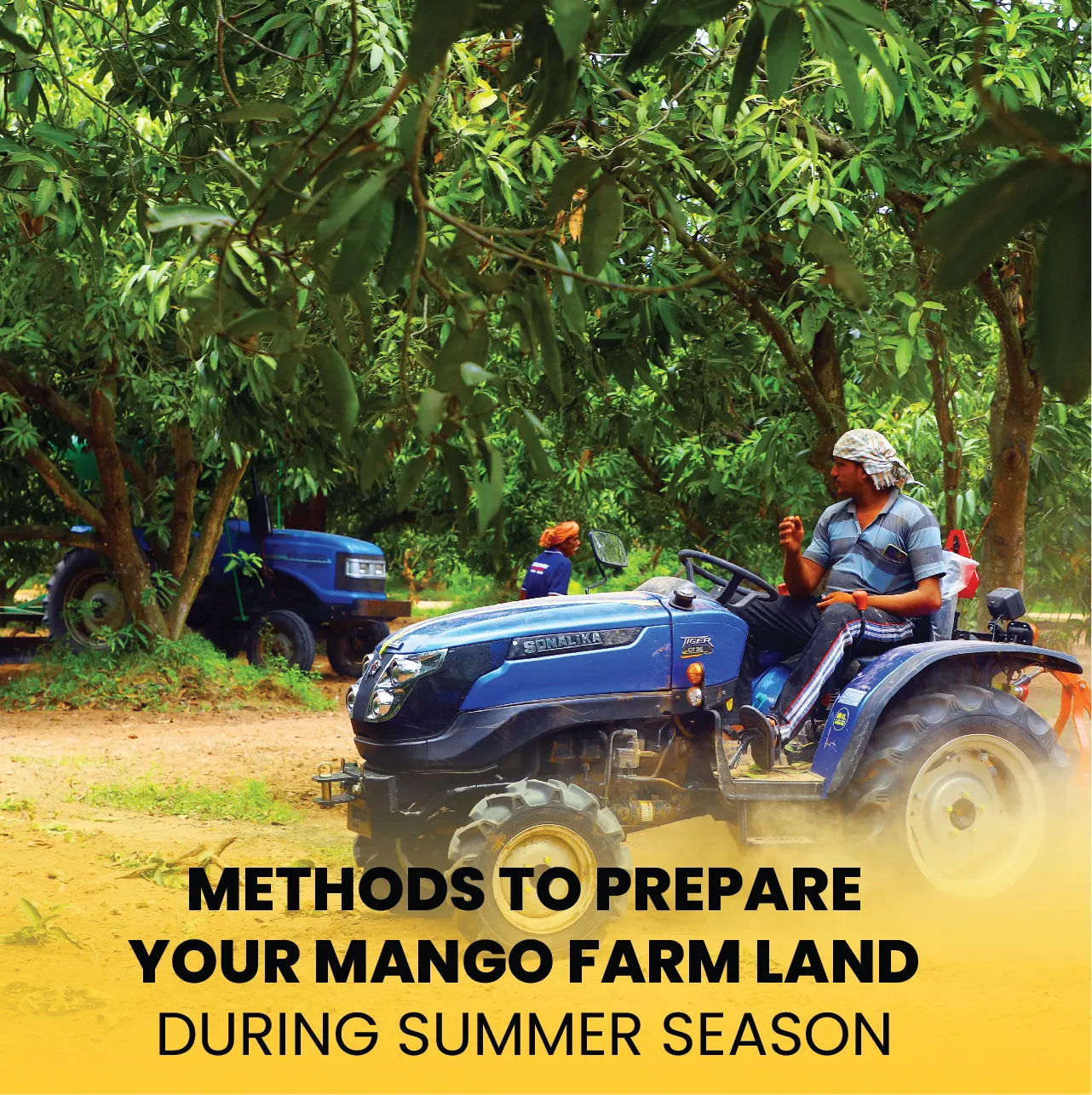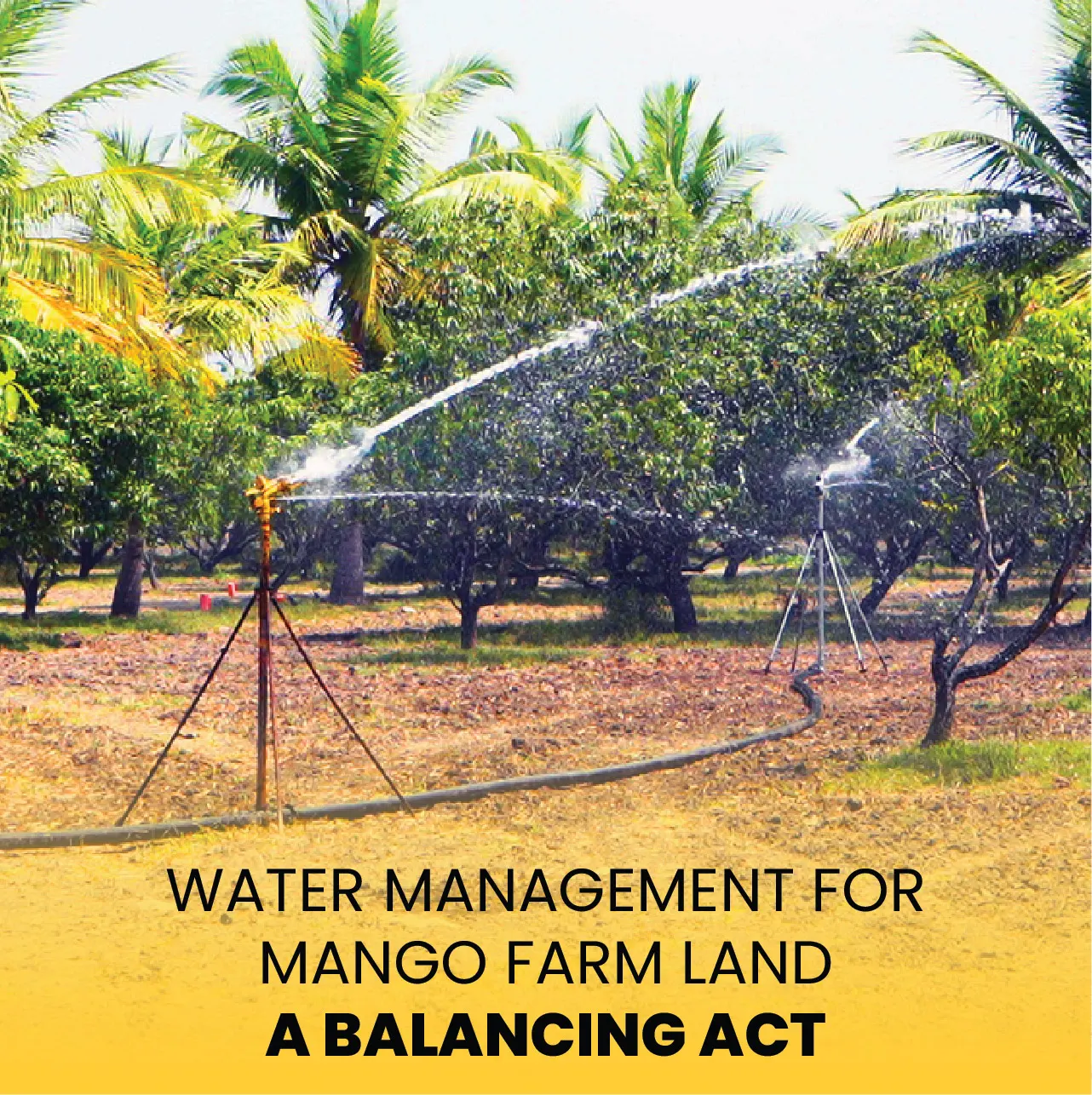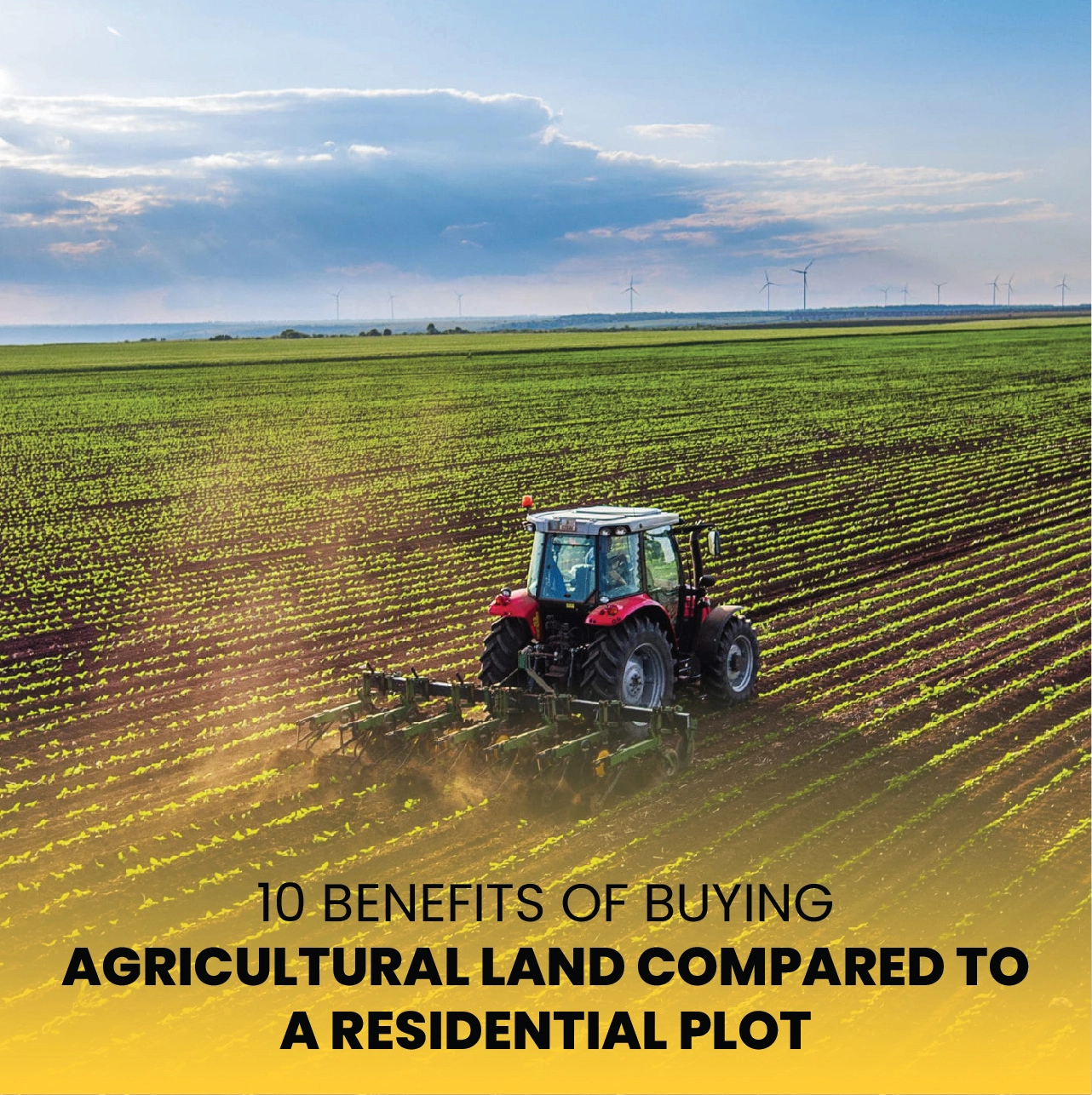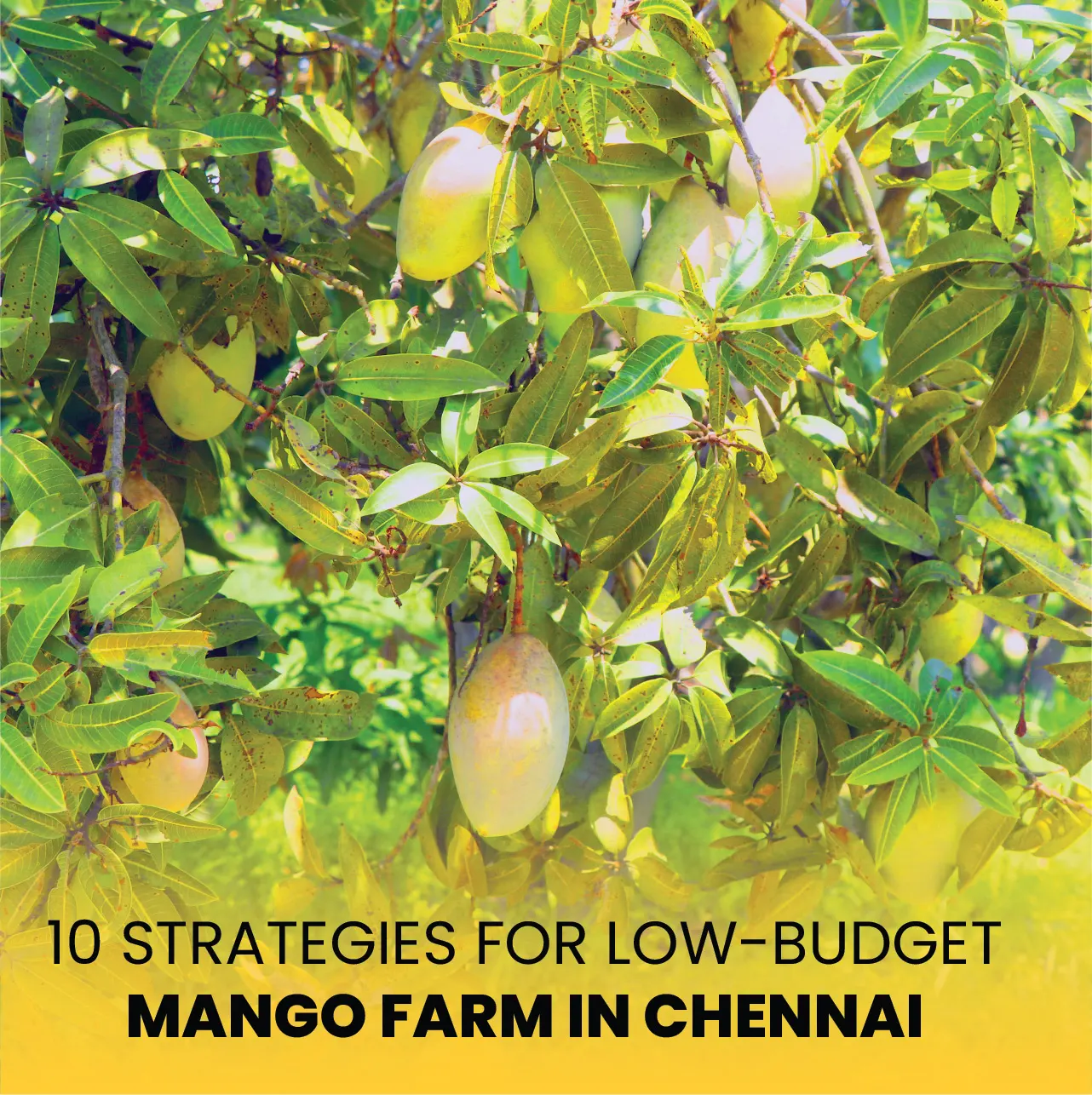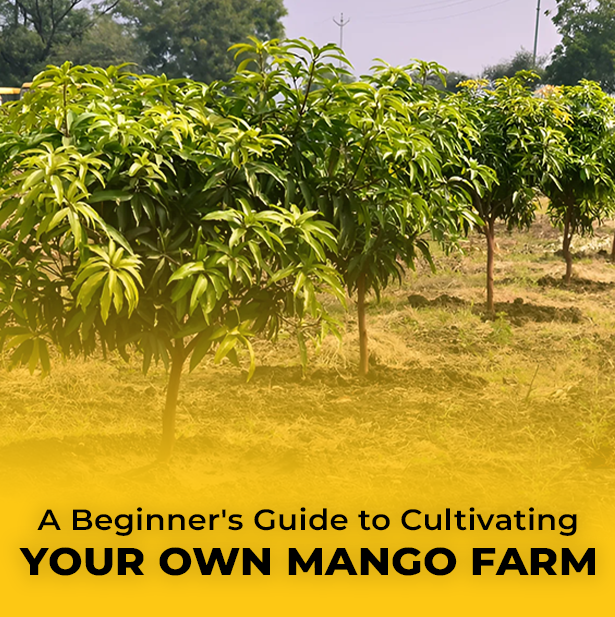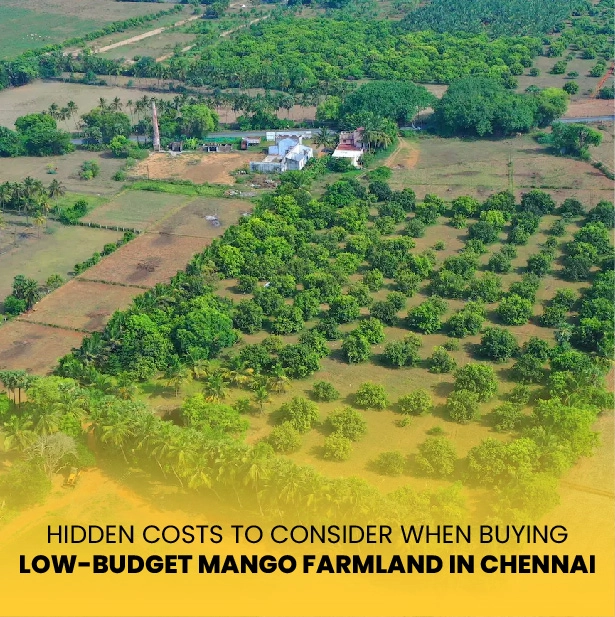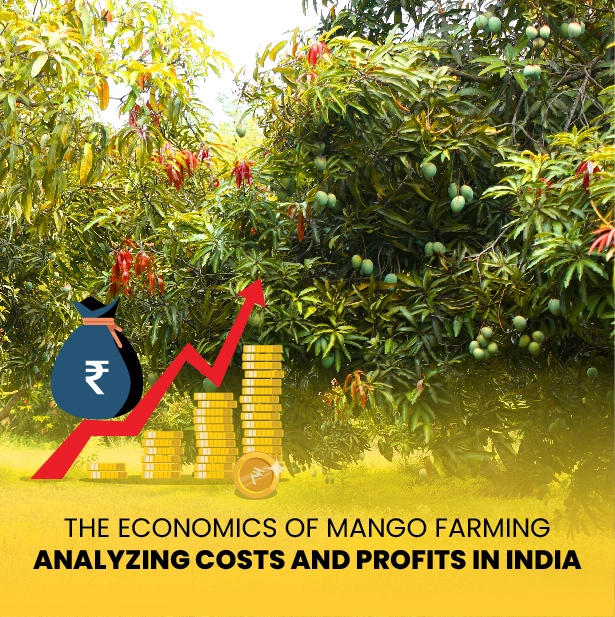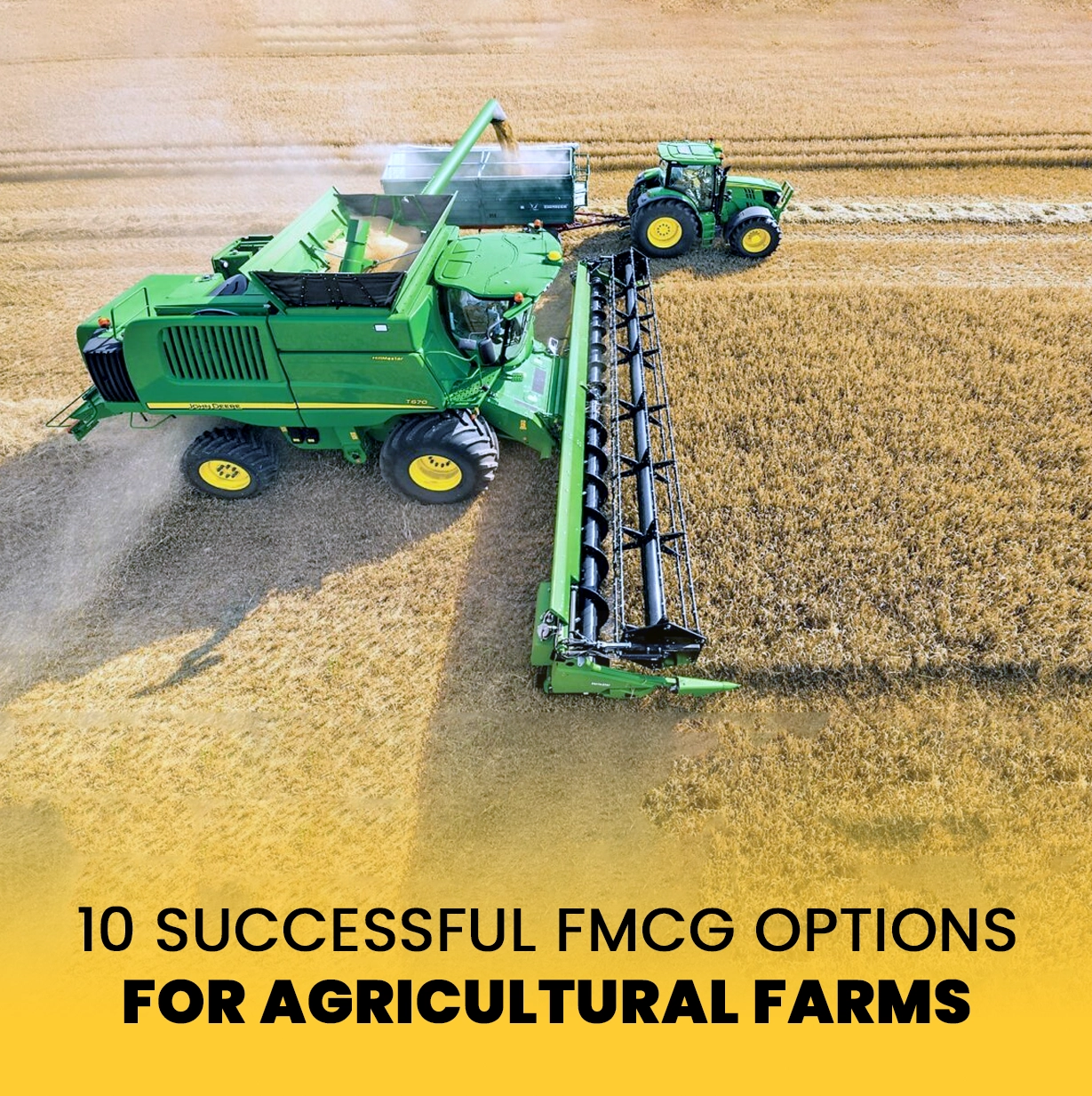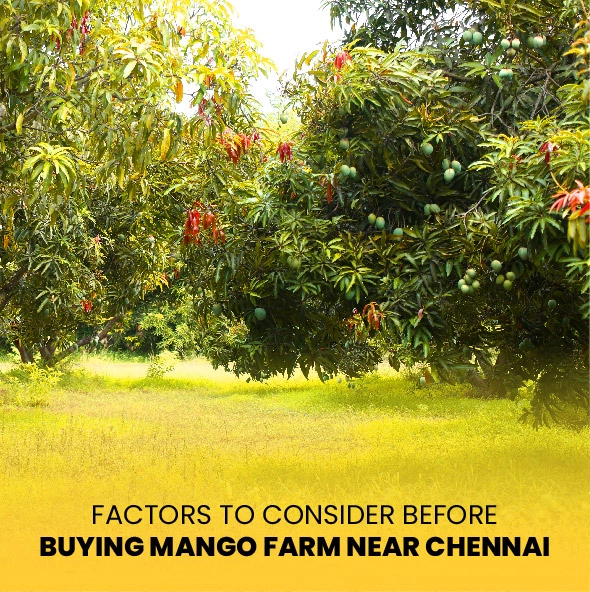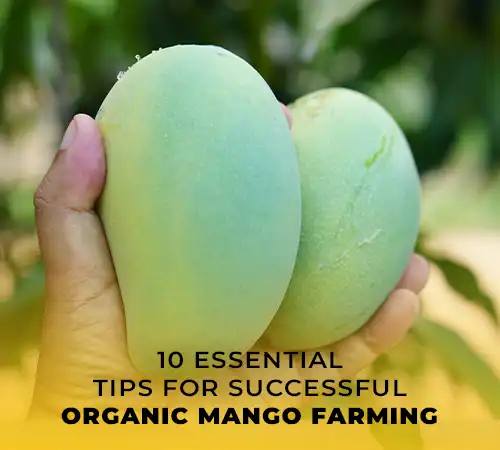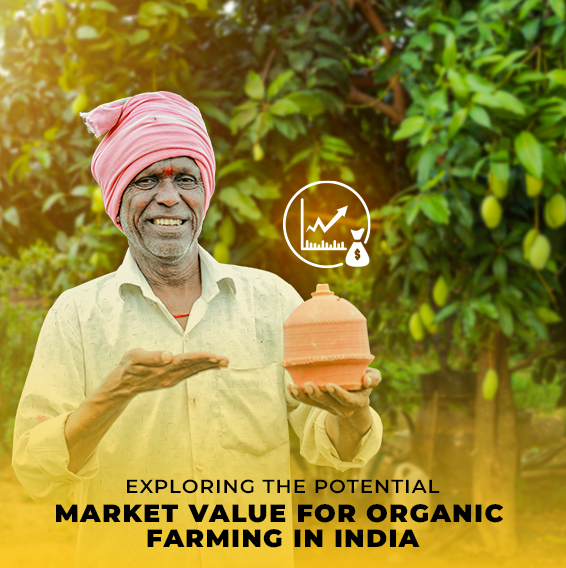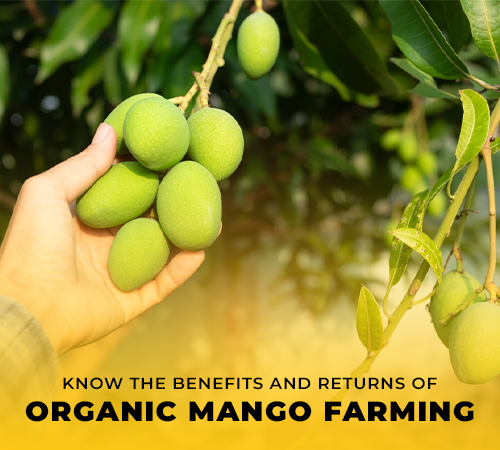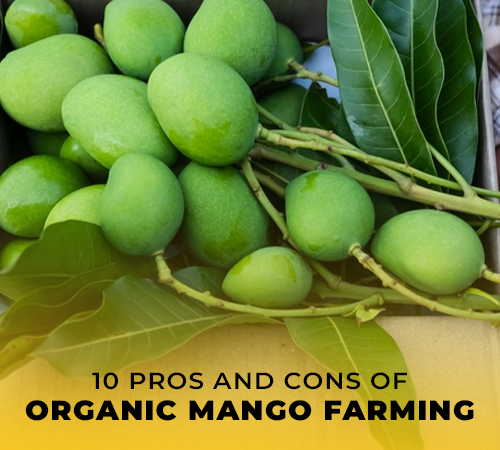For millennia, agriculture has been the pillar of the Indian economy, providing millions of farmers with their means of survival. Still, the industry has many difficulties, including scattered landholdings, poor infrastructure, and limited market access. Farmer Producer Organisations (FPOs) have emerged as a transformative solution that has completely changed India's agricultural scene in recent years. Small and marginal farmers can increase their negotiating strength, get better inputs and technologies, and reach economies of scale by pooling their activities. Understanding the potential of FPOs, the Indian government has launched a number of laws and programs to aid in their development. This essay investigates the important role FPOs play in empowering farmers, especially with regard to land ownership and use, and reviews the several government projects meant to support these groups.

Agriculture Land ownership is a fundamental problem in Indian agriculture, where small and marginal farmers typically struggle with scattered and uneconomical landholdings. Although FPOs do not physically own agricultural property, they are vital in helping member-producers use their landholdings for group advantage. FPOs help to maximize land usage and improve agricultural output in the following respects:
FPOs can facilitate land leasing arrangements between members, allowing for the consolidation and efficient use of land resources. This is particularly beneficial for small and marginal farmers who own fragmented land parcels that are often not viable for large-scale cultivation. By pooling their lands through leasing arrangements, farmers can undertake more extensive and profitable farming activities. This approach not only improves the efficiency of land use but also enables farmers to experiment with high-value crops and advanced farming techniques that would be impractical on smaller plots.
By encouraging cooperative land use methods, FPOs help members engage in projects including irrigation management, crop rotation, and soil protection. These methods maximize land usage and raise general agricultural output. Coordinated crop rotation, for example, helps to sustain soil fertility, lowers pest and disease cycles, and raises yields. Similarly, group efforts at soil conservation, such as terracing and contour plowing, can help to improve soil condition and stop erosion. Joint irrigation management guarantees effective water utilization, which is absolutely vital in areas suffering from water shortages. Working together, farmers can produce results considerably better than they could individually.
One major benefit of FPOs is that they allow members' landholdings to aggregate produce, improving market access for farmers. Because of limited volumes and the substantial expenses of transportation and logistics, small-scale farmers sometimes struggle to access larger markets. By pooling production, FPOs can negotiate higher pricing and lower reliance on middlemen, therefore ensuring that a larger portion of the final market price reaches the farmers directly. This collective negotiating strength increases farmers' total income, allowing them to invest in improving their land and farming methods. This strength also ensures that their produce is sold at fair prices.
The Indian government has launched several initiatives to assist FPOs and indirectly defend farmers' land rights. These projects seek to build strong market links, offer required infrastructure, strengthen FPOs, and enable credit and insurance access. The following are some of the main government projects.
Designed as a flagship initiative to help FPOs grow and flourish, the Small Farmers' Agribusiness Consortium (SFAC) strategy is For the first five years, the program provides new FPOs with both technical and financial support, as well as handholding assistance. This support enables FPOs to establish themselves, develop capacity, and grow to be self-sustaining organizations. For FPO members, the SFAC plan also supports training and capacity-building initiatives, arming them with fundamental knowledge in governance, management, and business operations.
The effectiveness of FPOs depends critically on infrastructure development. Subsidies for FPO development of necessary infrastructure, such as storage facilities, cold chains, and processing centers come from the Integrated Scheme for Agricultural Marketing (ISAM). These facilities enable producers to reduce post-harvest losses, preserve their produce's quality, and prolong the shelf life of perishable items. Farmers could get higher returns on their investments by reducing waste and increasing the marketability of their products. Furthermore, well-developed infrastructure helps FPOs investigate value-added prospects, such as processing raw goods into higher-value products, boosting farmers' income.
Small and marginal farmers find considerable difficulty with loans and insurance. Using government programs, FPOs can get members subsidized crop insurance and simpler credit facilities. The Pradhan Mantri Fasal Bima Yojana (PMFBY) is one such program that provides reasonably priced crop insurance to farmers, protecting them from losses caused by natural disasters, pests, and diseases. By guaranteeing financial stability, these projects help farmers make wise decisions about land use and investment in agricultural farming methods. Timely loan access lets farmers buy premium inputs, use contemporary technologies, and make required infrastructure repairs.
FPOs cannot succeed without establishing solid market links. Government projects link FPOs with both local and foreign markets, thereby increasing the availability of farmers' goods. The e-National Agriculture Market (e-NAM), an online trading network, allows for the open and effective trading of agricultural products all over the country. e-NAM improves farmers' access to a larger consumer base and competitive prices by combining local agricultural markets with a national platform. This increased market exposure motivates farmers to follow best practices in farming and post-harvest management, which helps them get better returns on their landholdings.
Apart from encouraging laws and programs, it is difficult to fully realize FPO potential and enhance farmer land rights. Among the main difficulties are:
Land Fragmentation: Still, a major challenge in Indian farming is land fragmentation. Population growth and inheritance rules lead to the division of smaller and smaller pieces of land, thereby reducing the viability of farming enterprises. Although FPOs can help reduce some of the problems associated with scattered landholdings through group activities, thorough land reform programs are required to solve the underlying cause of fragmentation.
Awareness and capacity building: Many farmers lack the information and abilities required to participate successfully, and they are still unaware of the benefits of joining FPOs. Raising awareness of FPOs, offering training and capacity-building initiatives, and making sure farmers are ready to seize the opportunities presented by group activities all require ongoing efforts.
Fair land lease agreements: The effectiveness of land leasing programs supported by FPOs depends critically on equitable and open land lease agreements. Legal frameworks, standardized lease agreements, and dispute resolution systems assist in safeguarding renters' rights as well as those of landowners, building confidence and cooperation among FPO members.
Farmer-producer organizations have great power to empower Indian farmers and increase agricultural output. FPOs may greatly contribute to the expansion and sustainability of the agricultural industry by improving market access, financial security, and land use optimization, thereby fostering the ability of FPOs to flourish and benefit their members through government support through diverse policies and activities. Although problems still exist, resolving land fragmentation, increasing awareness, and guaranteeing equitable land leases would help to open the path for a more robust agricultural land industry in India. Farmers, FPOs, and the government working together will change the agricultural scene and provide India's rural population with a better future.
